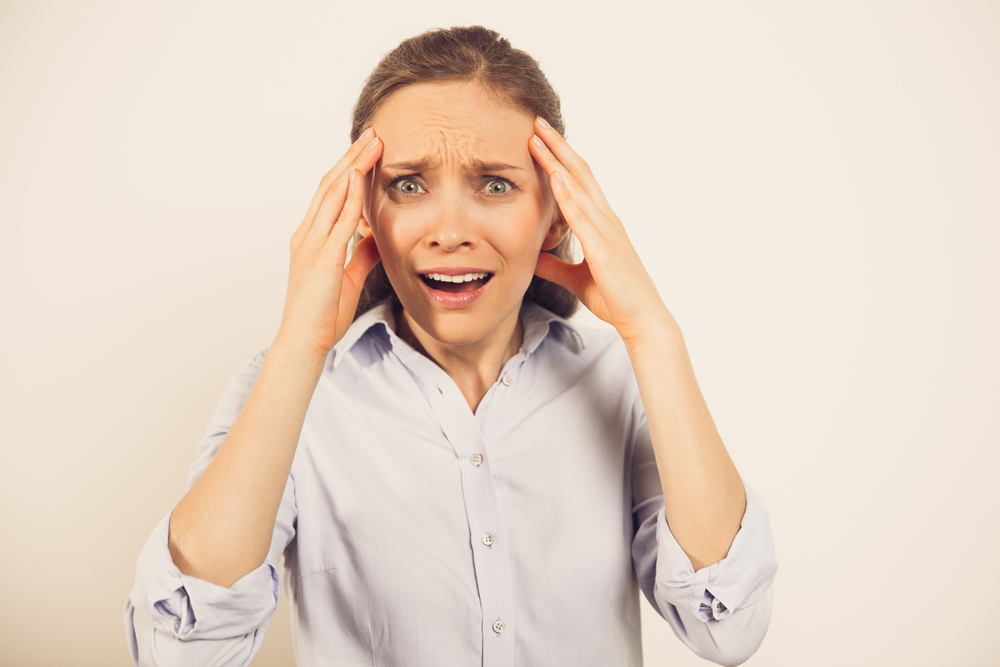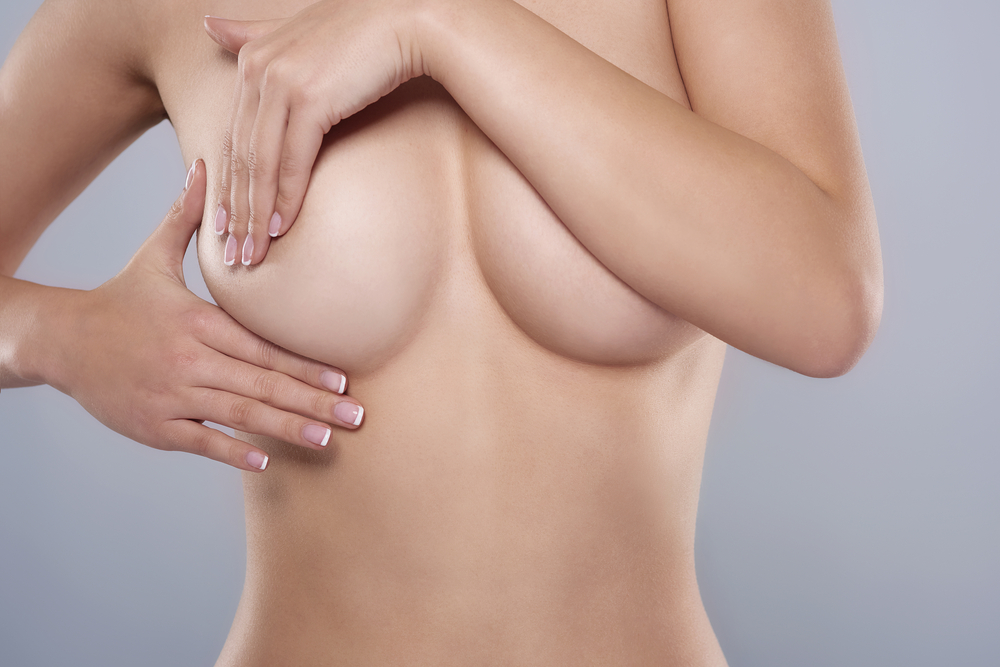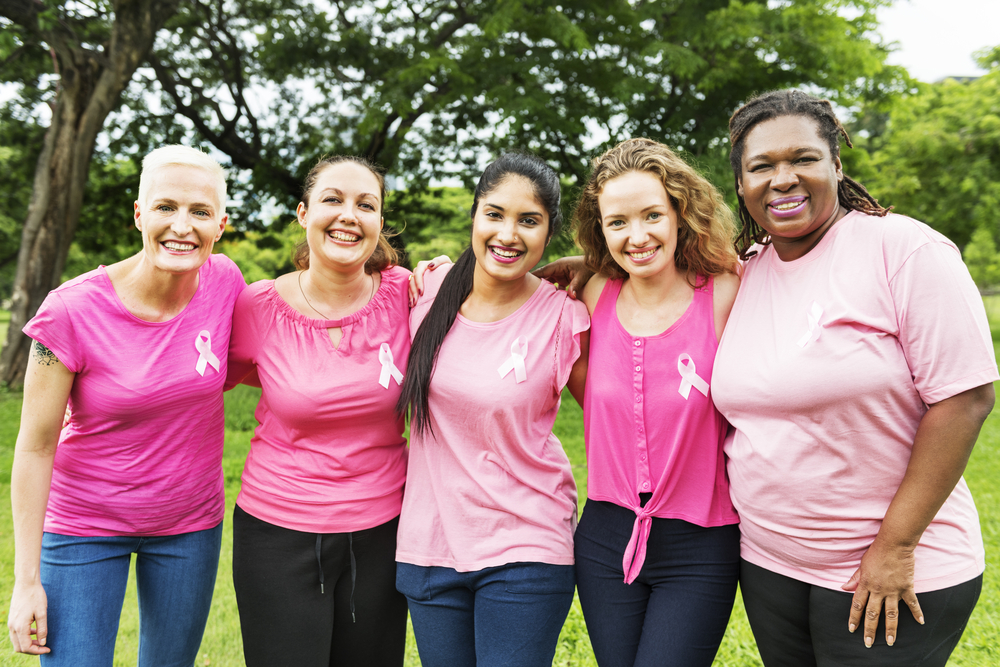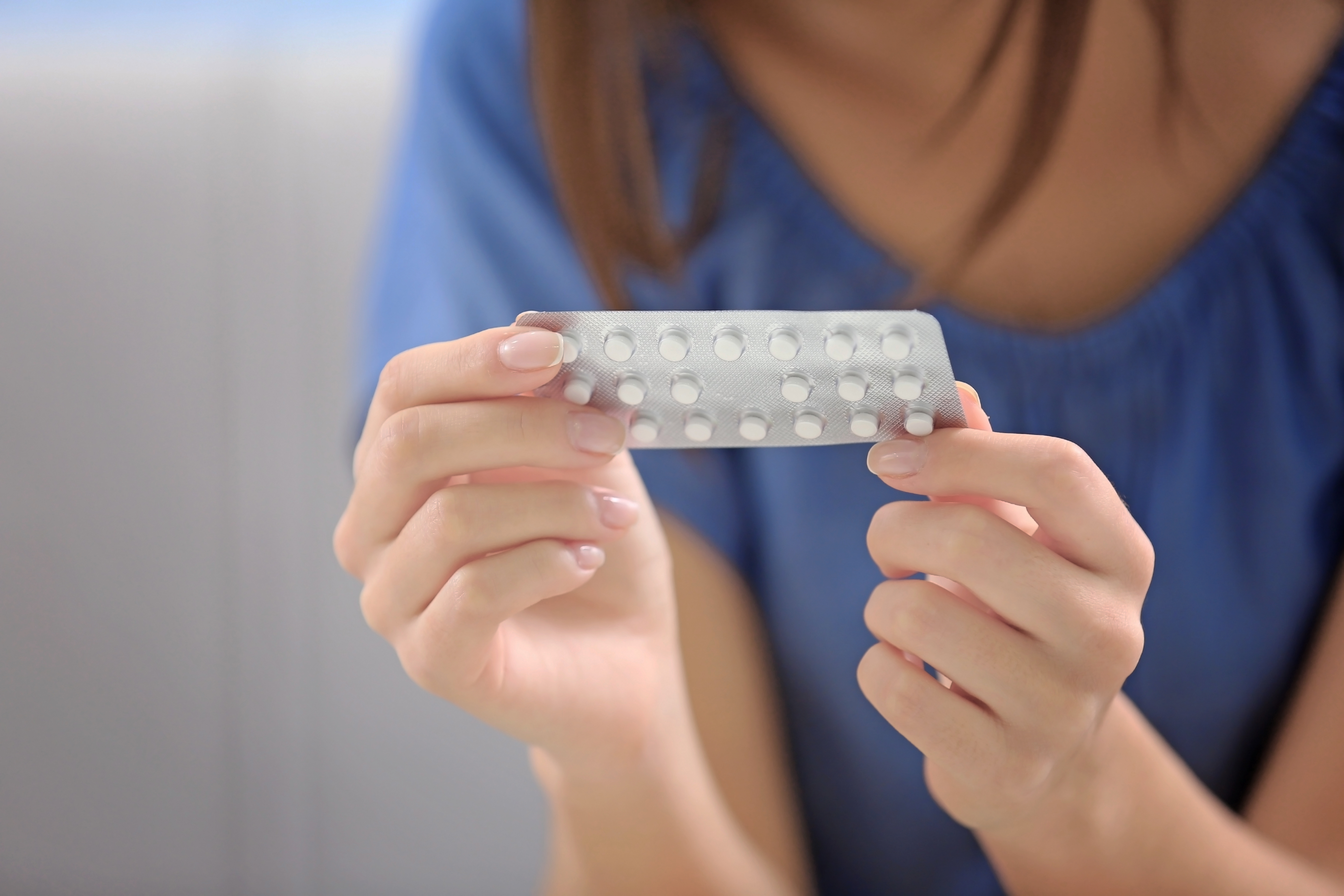Breast pain is a mysterious thing, and I have been intrigued at what the underlying causes could be for more than a decade now. In fact, when I was in Boston, a nutrition colleague and I wrote a large grant proposal designed to help us identify causes and treatments, and to see if there was an association between women who had tender breasts and those who got breast cancer. Unfortunately, we didn’t receive funding; breast pain just did not – and still doesn’t – have a high priority among funding groups. I sometimes joke with my patients that this is because men just don’t “get it”since they don’t really have breasts so don’t get breast pain, and can’t identify with the anxiety that happens to women when they experience breast pain. But it’s really not much of a laughing matter, is it?
On any given day in my office, at least a quarter of my new consults are for breast pain or mastalgia — the fancy medical word for pain. The majority of these women, no matter how well-educated or health savvy, are sure that something terrible is going on. We are taught that pain is a symptom of something wrong — a sprained muscle, a stress headache, an upset stomach. But what is the cause of breast soreness? I hear women tell me that sometimes the pain is sharp and burning, often radiates to the nipple, and even sometimes wakes them up at night.
Many points from an article I wrote several years ago about solving the mystery of breast pain still holds true today. Breast cancer is rarely behind breast pain (but it does happen, so women should see their healthcare provider to rule it out). Certain protocols should still be followed: a breast exam to rule out a lump; an ultrasound to uncover any hidden issues; and addressing any medication or diet issues that could be behind the pain. For many women, especially those in their 40’s and perimenopausal, linking their cycles and other symptoms of hormonal imbalance is very useful. One of the benefits of menopause is that breast pain is unusual in postmenopausal women (so this symptom should definitely be addressed in women over 50). Excessive doses of hormonal replacement pills can cause breast swelling and pain.
In addition, when given the opportunity and the space, many women will also recognize some form of stress, usually a relationship at work or home, that may be a contributing factor.
Once you’ve looked at possible underlying causes, you’ll be pleased to know that there are treatments that can help. Some that I recommend include:
- A healthy diet
- A good multivitamin with extra B’s
- A digestive cleanse/fast or detox to remove excessive estrogens or hormonal disruptors from your system
- Progesterone cream
Some new therapies I’ve been recommending are topical iodine and lymphatic massage. Topical (meaning used on the skin, not taken by mouth) iodine can be bought over the counter in the grocery or drugstore (it’s usually less than a dollar) and painted in a quarter size area once a night on the breast until the brown spot persists overnight, or for one month. I will admit that I cannot explain exactly how this works, but the iodine seems to adjust the hormones just enough to keep the swelling down – or perhaps it is treating some sub-clincal virus or bacteria. Iodine is important to our systems and most of us don’t have diets that include the same amount of iodine that our ancestors got from their food. This use of iodine does not seem to affect thyroid function.
A therapist trained in lymphatic massage can be very helpful in treating some types of breast pain. You do not have to have lymphedema or arm swelling for them to help lymph flow and treat the pain. You can try some breast massage techniques on yourself first if you want. Breast oils and creams are available in Europe and women use them like face and body lotions to keep the skin moisturized — not necessarily to enhance the size.
While some cause of breast pain may still remain a mystery, no woman should remain in a prolonged state of anxiety about it. Find someone who will listen to you and offer some reassuring solutions. Don’t believe anyone who tells you to grin and bear it, or makes you feel it is all in your head! It isn’t!








